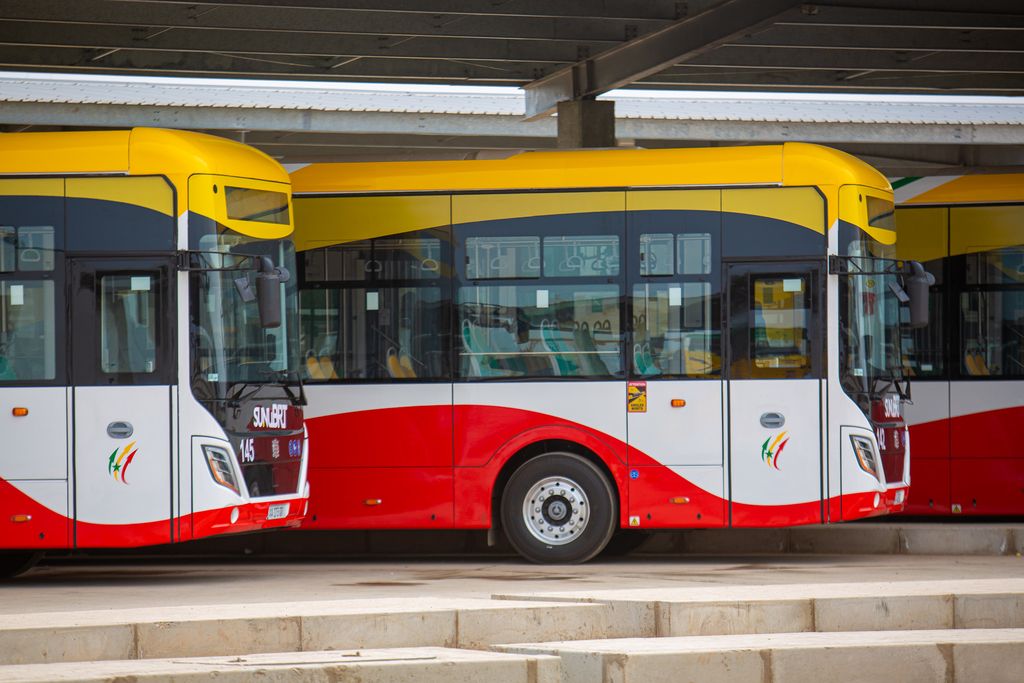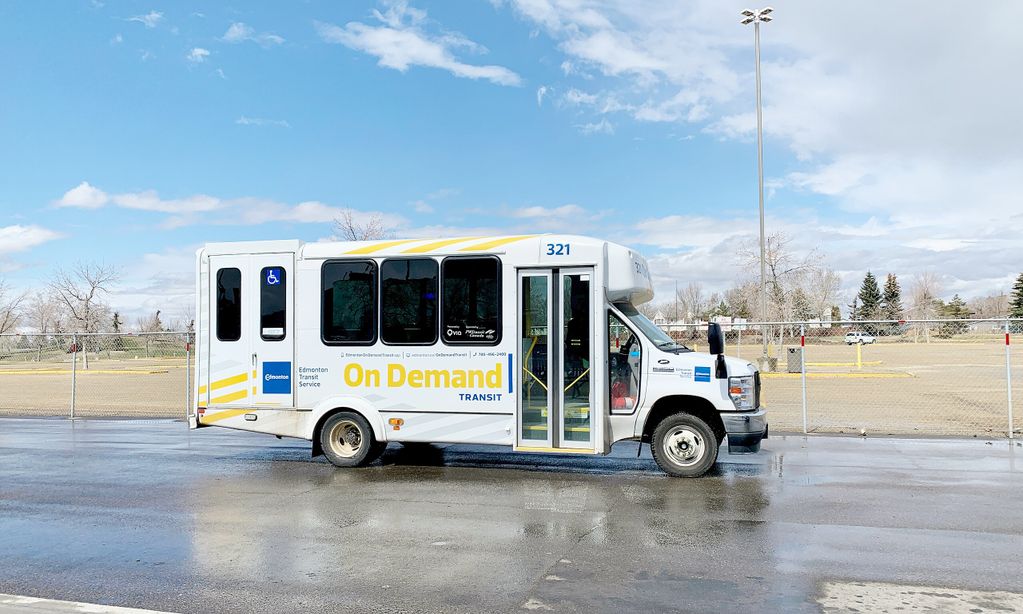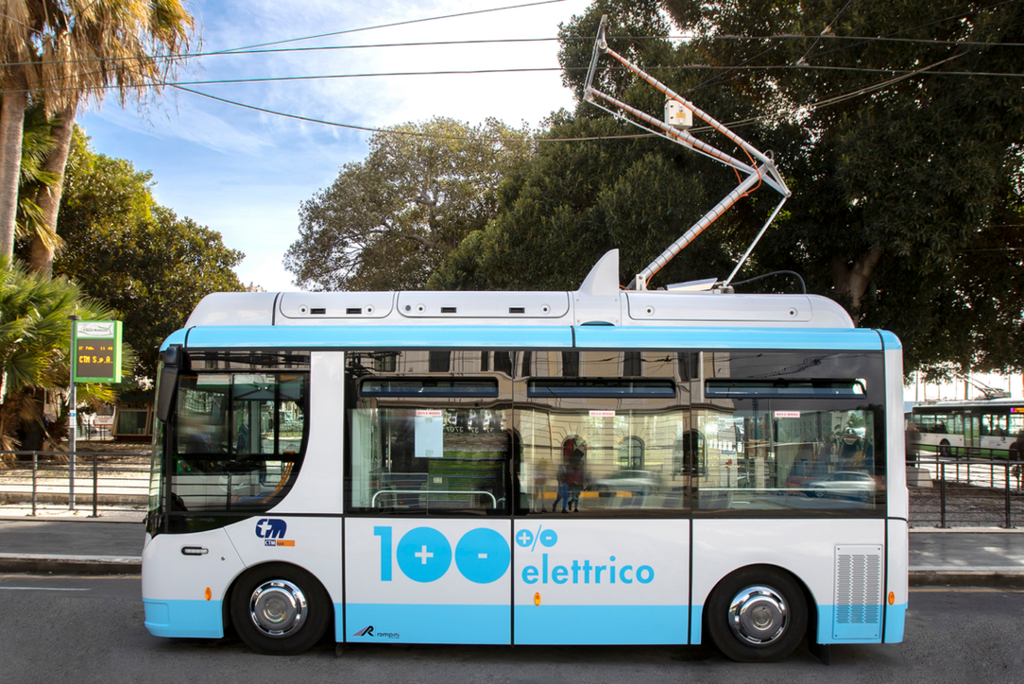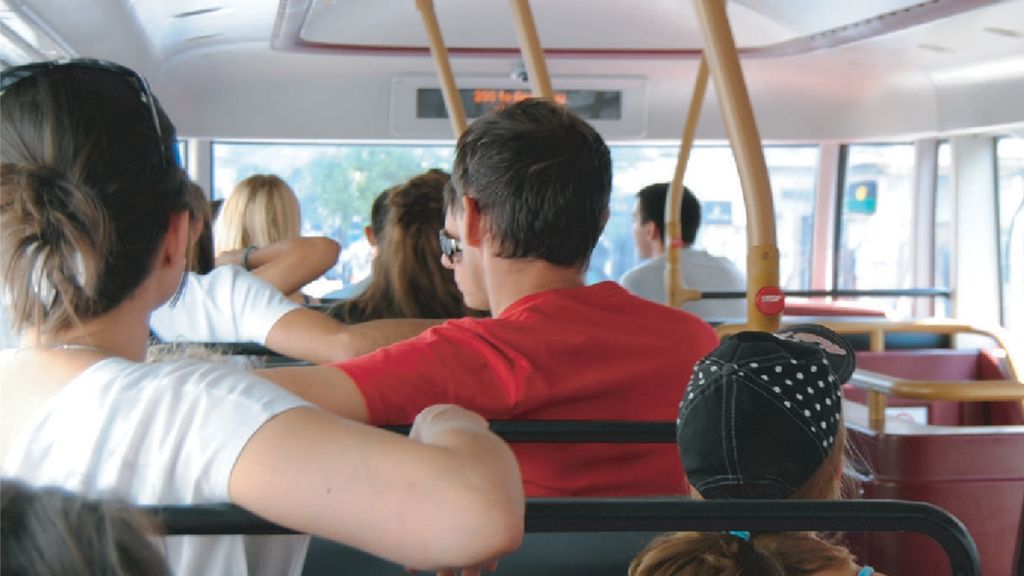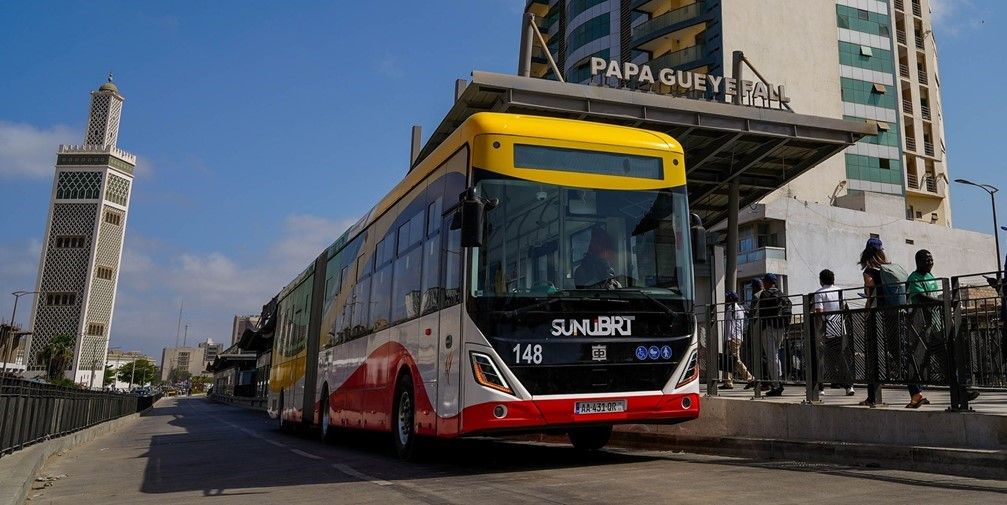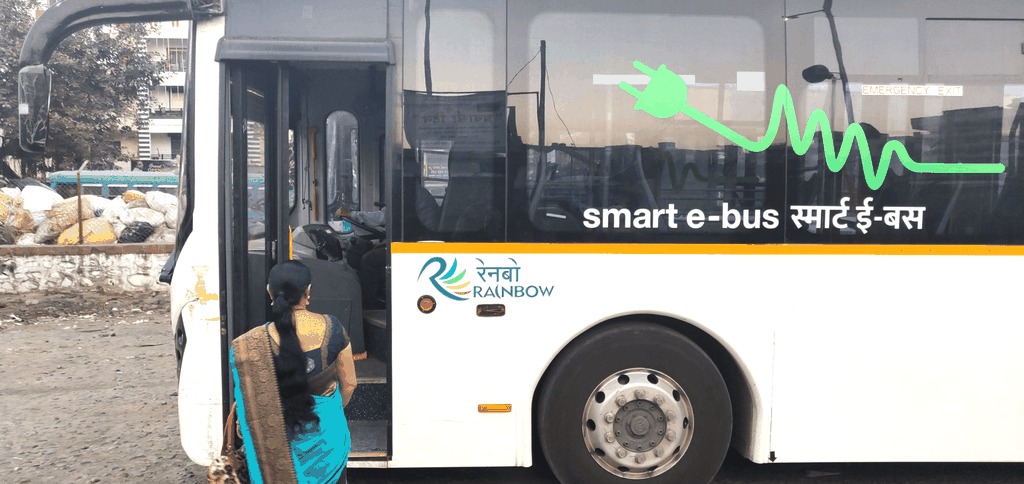
Building upon the success of UITP India bus seminar 2021
UITP India held its fifth edition of the annual flagship event
Held between 15-18 June, over 600 participants, over 300 companies from 44 countries tuned in to listen and learn from key national and international speakers at the UITP India Bus Seminar. These experts shared their knowledge and experiences, focusing on the public transport needs in India and South Asian countries.
The seminar explored topics from national programmes in advancing bus services, technological transformations in bus operations, transitioning to electric buses and innovations in the sector.
The event was hosted alongside the Ministry of Road Transport and Highways (MoRTH) with session sponsors Optibus, Siemens and Uber, silver sponsor Olectra Greentech Ltd, and media partners MOTORINDIA and Urban Transport News.
Now, UITP has published a wrap up Report detailing the key outcomes, best practices in the bus sector, and the future for sustainable mobility.
An exemplary beginning to the seminar came from the keynote address, delivered by Mr Amitabh Kant, IAS, CEO at Niti Aayog. He gave an insightful speech highlighting the government’s initiatives and policies towards public transport focusing on the need of sustainability.
The future lies in shared mobility and mass transportation. The future lies in ensuring that we move people and not vehicles, and therefore instead of personal transportation, focus on efficient public transportation. That is the strategy of urbanisation: Build urban cities upon the backbone of public transportation.”
Public transport in India
Public transport is the backbone of society, helping cities move towards a sustainable future. In India, it provides affordable access to mobility for nearly two-thirds of the households not owning a personal vehicle. It also contributes towards 8% of India’s GDP – it is one of the biggest contributors[1].
The majority of Indian cities rely on buses for their transport needs, as an affordable and safe mode aiding commuters to access economic opportunities, education, health and services. With this in mind, it is imperative to mobilise investments for the sector to build back better.
India has also been focusing on the electrification of its bus fleet since 2015, with the National subsidy scheme of Faster Adoption and Manufacturing of Electric Vehicles (FAME) India to promote manufacturing of electric and hybrid vehicles and to ensure sustainable growth. The scheme works under the framework of demand incentive disbursement mechanism and has helped procure 390 e-buses in its first phase while more 3,500 buses are under different stages of procurement across the country under the second phase.
Yet, with the COVID-19 pandemic lockdowns, the bus transport is one of the largest hit sectors in India. Public bus operators faced a severe financial crisis due to service disruptions as approximately 90% of their funding is sourced through fare revenues.
Read the wrap up Report
Building on the success of the seminar, UITP has compiled a Report summarising the key takeaways and discussions throughout the insightful four days.
Presentations and recordings of the seminar are available to UITP members on MyLibrary
Interested in learning more about electric buses?
With more and more metropolitan areas targeting zero-emission environments, an increasing number of cities, transport authorities and operators are considering a fully electric solution for their urban bus network. In this context, the UITP Academy designed an online training programme on electric buses, offering a comprehensive overview of the electric solution for urban bus networks: From setting a long-term city strategy in terms of energy transition, to the definition of a charging strategy and the choice of technology, and all the way to the procurement and the implementation and operation of the system.
Running from 7-22 September, the course features seven interactive online sessions.
2025 Training Calendar





